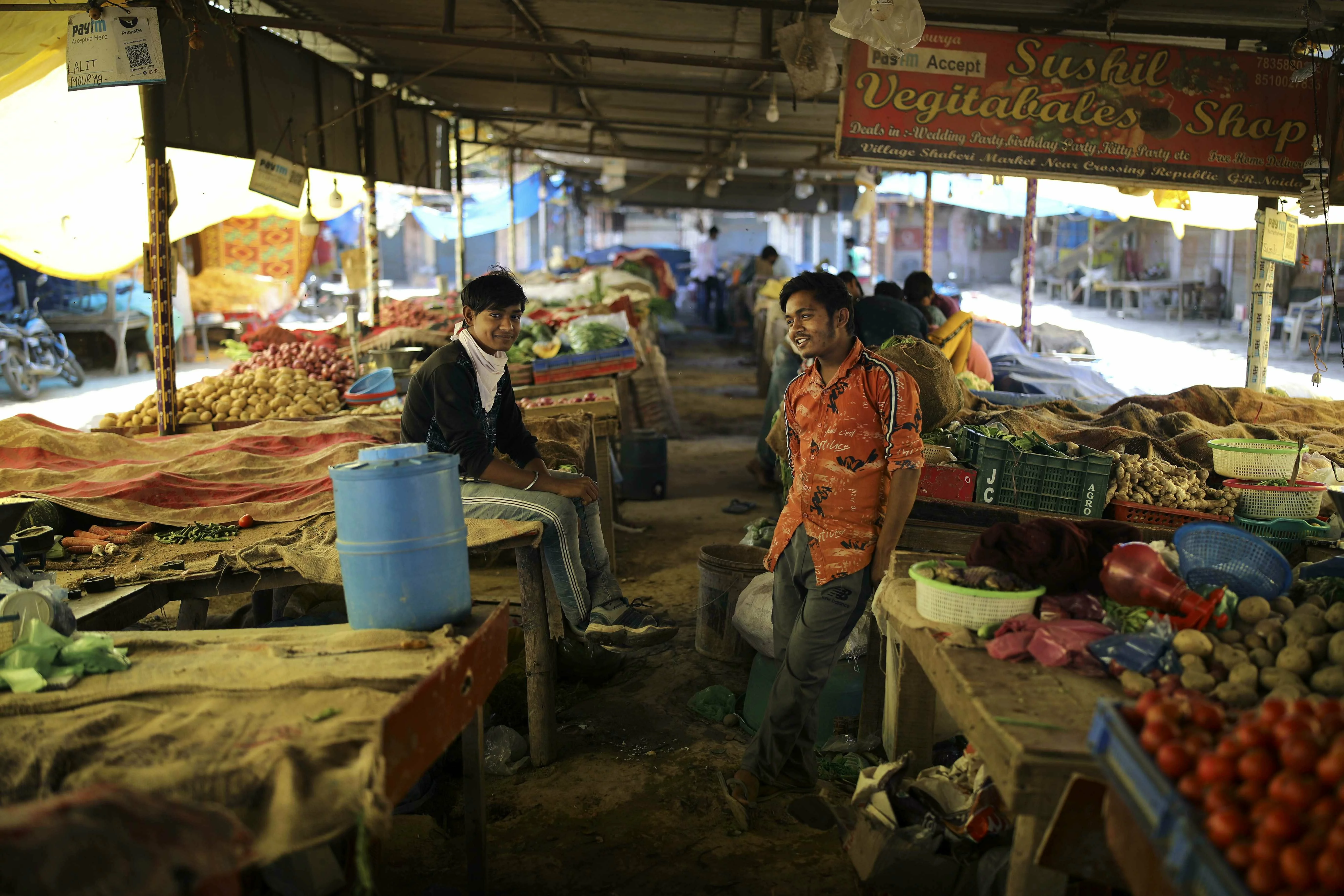
Will the Tablighi Jamaat retreat or reassert itself in hostile India?
- 2020-04-09 15:30
- By trtworld.com
In the most recent controversy, Tablighi Jamaat, a transnational Islamic revivalist movement, has been implicated in the sudden spike of the number of Coronavirus cases in India, owing to a large gathering of national and international jamaatis who were housed at the Nizamuddin Markaz in New Delhi in early March. This means that while the world was grappling with the outbreak of coronavirus and the politics around it, Tablighis, men and women associated with the organisation, were engaged in spiritual patrols across the globe. However, with the New Delhi event the organisation has been warped in an intense political controversy for its inconsiderate and casual approach towards public health. What is interesting to see is the rise of Tablighi Jamaat - a variety of social Islam - to political prominence today with people visibly divided along religious lines. Until recently, the Islam projected by the Tablighis had been a lesser-known entity in the wider public domain in India with most non-Muslims oblivious of its existence. The exaggerated anger of the right-wing brigade directed at Tabligh has done further damage to an existing delicate fabric of the Indian social landscape, which is deeply polarised on religious lines. This political victory is seen as the coming of the Hindu ‘messiah’, who is here to ‘liberate’ the nation from the ‘barbaric’ Muslims, who are not seen as equal citizens. This language of hatred by a sitting MP not only reflects the ideology of the party that he represents in the Parliament, but it gives legitimacy to the bigotry on ground that translates into dehumanizing of the Muslim subject. Directed towards faith renewal and purification of the Islamic practices, Tablighi Jamaat arose in 1926 British India as a reaction to global changes and as a response to local challenges in the form of competing religious identity assertions – the Christian missionaries and the Hindu Shudhi Sangathan. It was a time when a variety of new influential and controversial religious reform movements, both Hindu and Muslim, were emerging within India with a desire to rediscover their lost glory.

How to be a CEO-from-home amid coronavirus lockdown
‘Darbar’, ‘Kannum Kannum’, ‘Thambi’: What to watch on TV this Tamil New Year

Indian Farmers Struggle to Harvest, Sell Crops During COVID Restrictions
